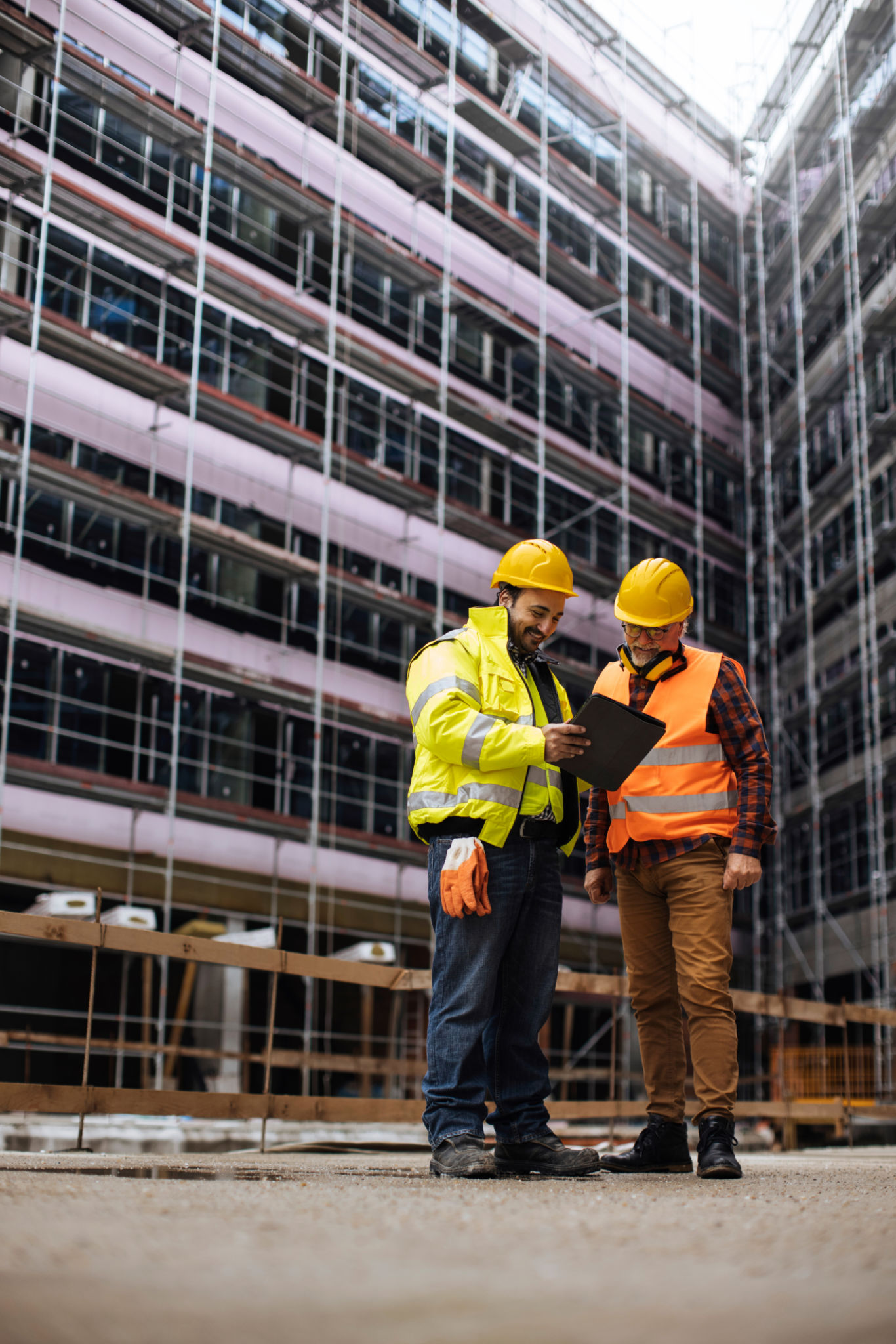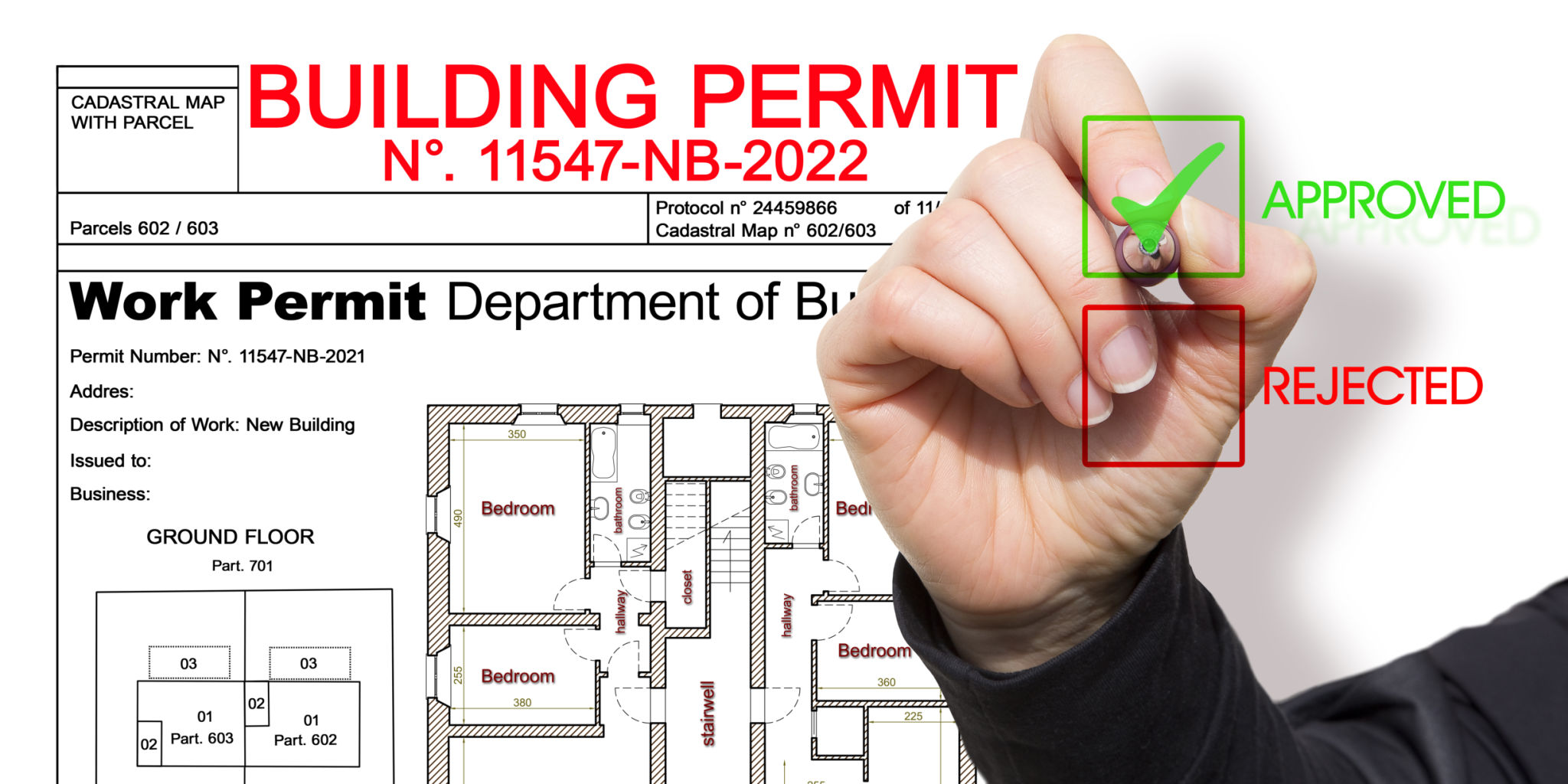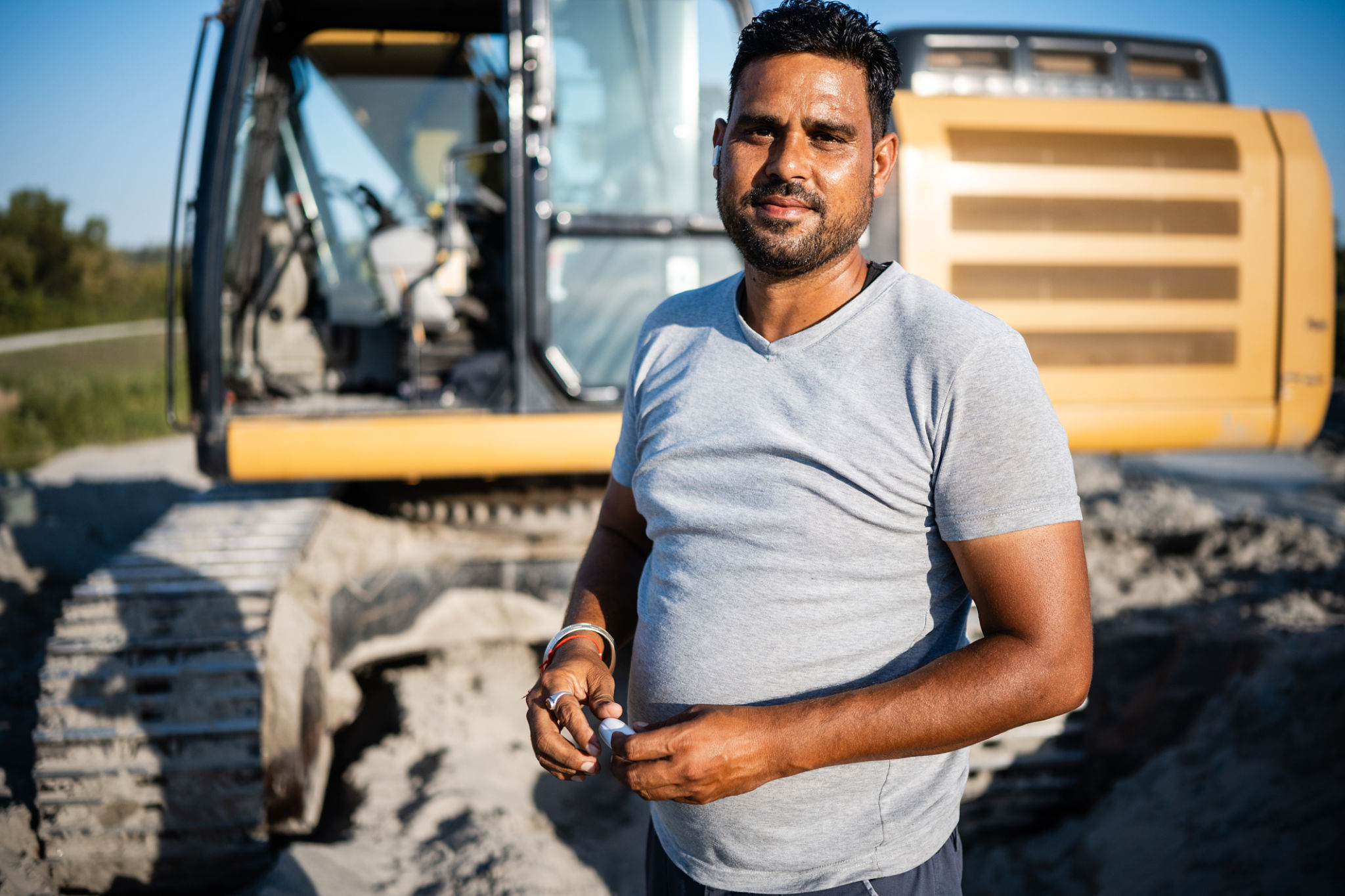A Comprehensive Guide to Safe Demolitions in Mexico
Demolition work is an integral part of urban development and construction, especially in a rapidly growing country like Mexico. Ensuring that these demolitions are conducted safely is crucial to protect workers, the public, and the environment. This guide aims to provide a comprehensive overview of safe demolition practices in Mexico.

Understanding the Regulations
In Mexico, demolition activities are governed by specific regulations that ensure the safety of operations. The main regulatory body is the Secretaría del Trabajo y Previsión Social (STPS), which oversees workplace safety. It is essential for companies to comply with these regulations to avoid penalties and ensure safety. Key regulations include proper planning, use of protective equipment, and risk assessments.
Licensing and Permits
Before any demolition project begins, obtaining the necessary licenses and permits is crucial. These documents ensure that the demolition is conducted legally and safely. The requirements may vary depending on the location and size of the project, so it's important to consult local authorities.

Planning and Risk Assessment
Effective planning is the cornerstone of a safe demolition process. This involves a thorough assessment of the site, identification of potential hazards, and development of a detailed plan. The plan should include timelines, methods of demolition, and safety measures to be implemented. Conducting a risk assessment helps identify hazards such as asbestos, unstable structures, and proximity to populated areas.
Choosing the Right Demolition Method
Different demolition methods are suitable for different types of structures. Mechanical demolition, implosion, and deconstruction are some of the common methods. Choosing the right method depends on factors like the building's size, location, and materials. Mechanical demolition is often preferred for its efficiency, while deconstruction is more sustainable.

Ensuring Worker Safety
The safety of workers is paramount in any demolition project. Providing proper training and personal protective equipment (PPE) is essential. Workers should be trained in handling equipment, recognizing hazards, and emergency procedures. Regular safety meetings and inspections further enhance worker safety.
Environmental Considerations
Demolition can have significant environmental impacts if not managed properly. It is important to implement measures to minimize dust, noise, and waste. Recycling materials and properly disposing of hazardous waste contribute to sustainable demolition practices. Adhering to environmental regulations helps protect the surrounding ecosystem.

Conclusion
Conducting safe demolitions in Mexico requires a combination of regulatory compliance, thorough planning, and a commitment to safety and sustainability. By following the guidelines outlined in this guide, companies can ensure that their demolition projects are executed safely and responsibly, contributing to the country's development while protecting people and the environment.
